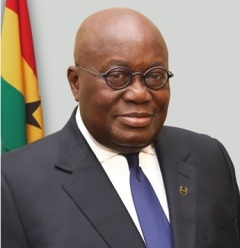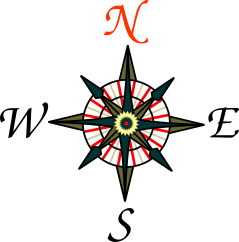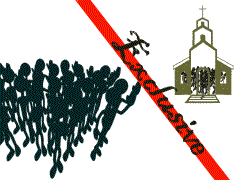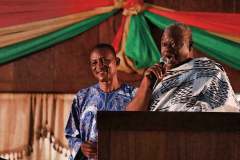Ghana elected a new president a few months back – Nana Addo Dankwa Akufo-Addo. He has announced a new agenda for the government – Ghana Beyond Aid. Here’s what he said to business leaders in Ghana on March 20 of this year:
“We want to build a Ghana beyond aid; a Ghana which looks to the use of its own resources. We want to build an economy that is not dependent on charity and handouts, but an economy that will look at the proper management of its resources as the way to engineer social and economic growth in our country.”
Many African countries rely heavily on international aid. Right now, I have colleagues helping with a program to increase the quality of primary school education in Ghana financed by USAID. Kenya just opened a new, 3.6 billion dollar railway 90% funded by China. The link between the words development and aid is so strong in Africa that that many Africans assume that all programs of economic, industrial or other development are funded by some other country. Front page or leading newspaper articles in Ghana newspapers regularly report that this or that country is granting Ghana a large sum of money for something. I have sometimes wondered if some Africans believe that their continent can only progress by the efforts and inputs of others. So the idea that Ghana will get to a point where it will not depend on outside funding for its own development can rightly be called “a big idea.”
 The president’s Ghana-beyond-aid mentality comes at a time when Ghanaian Christians had already been discussing the same thing for Bible translation. On the one hand, they are deeply grateful for the missionaries who left their homes and suffered deprivations to translate the Bible into their languages and for the Western missions who continue to send people and money. On the other hand, they believe that the time has come for Ghanaian Christians to supply the funds needed to translate the Bible into the languages of Ghana. The are a bit ashamed when they learn that a very small percentage of the funds for translation are coming from Ghana. This idea had been spreading among church leaders, Christian business people and others well before the President announced his Ghana Beyond Aid agenda. It might be the first time politics has imitated missions.
The president’s Ghana-beyond-aid mentality comes at a time when Ghanaian Christians had already been discussing the same thing for Bible translation. On the one hand, they are deeply grateful for the missionaries who left their homes and suffered deprivations to translate the Bible into their languages and for the Western missions who continue to send people and money. On the other hand, they believe that the time has come for Ghanaian Christians to supply the funds needed to translate the Bible into the languages of Ghana. The are a bit ashamed when they learn that a very small percentage of the funds for translation are coming from Ghana. This idea had been spreading among church leaders, Christian business people and others well before the President announced his Ghana Beyond Aid agenda. It might be the first time politics has imitated missions.
 Piggybacking on the president’s phraseology, Christians are now talking about Bible Translation Beyond Aid, a phrase that captures the idea they already had; and which expresses their deepest motivations for both their Lord and their country. It looks like the President has, inadvertently, given a big boost to the movement to have translation in Ghana funded from within Ghana. However inadvertent from a human standpoint, I believe that I see God’s hand in this turn of events.
Piggybacking on the president’s phraseology, Christians are now talking about Bible Translation Beyond Aid, a phrase that captures the idea they already had; and which expresses their deepest motivations for both their Lord and their country. It looks like the President has, inadvertently, given a big boost to the movement to have translation in Ghana funded from within Ghana. However inadvertent from a human standpoint, I believe that I see God’s hand in this turn of events.












